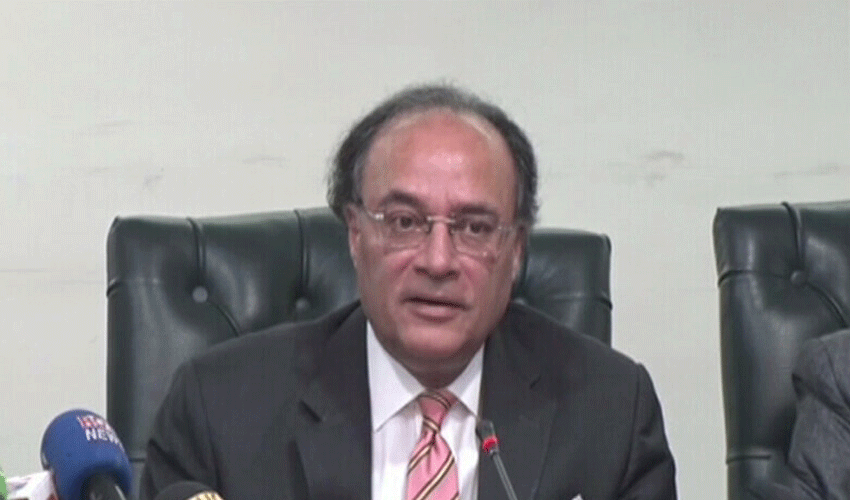Pakistan and the International Monetary Fund (IMF) are set to begin technical-level talks next week on the upcoming federal budget for the fiscal year 2025–26, with a strong focus on tax reforms, climate-related levies, and electric vehicle (EV) promotion, according to official sources.
As part of the budget preparations, the Ministry of Finance and the Federal Board of Revenue (FBR) are working on a set of wide-ranging tax proposals to be discussed with the IMF delegation. High-ranking officials from both institutions are expected to participate in these crucial negotiations.
Key budget proposals
According to sources, a key proposal under review is to withdraw tax exemptions for new economic and export processing zones. Furthermore, the incentives currently available to existing special economic zones are likely to be phased out by 2035.
In line with Pakistan’s Climate Financing Program, the government is also planning to introduce a carbon levy of Rs5 per liter on petrol and diesel. The levy will be incorporated into the Finance Act of the upcoming fiscal year, with further consultation with the IMF on the rate and implementation mechanism.
To promote green mobility, the new budget is also likely to include a proposal to encourage the use of electric vehicles, as the government is proposing subsidies for electric vehicles (EVs) and additional taxes on smoke-emitting vehicles. A new five-year national EV policy is in the pipeline, under which EV charging stations will be established nationwide to facilitate adoption.
Expanding tax net
The government also plans to expand the tax base by bringing retailers, wholesalers, and several other informal sectors into the tax net. Additionally, a proposal to end tax exemptions for pensioners receiving high pensions is under consideration as part of broader fiscal reforms.
























